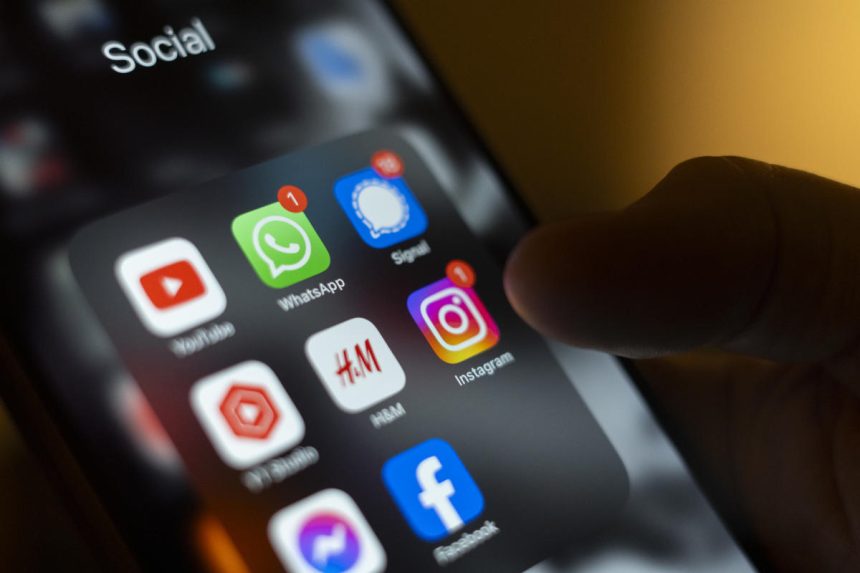Signal Messaging App Banned in Russia and Venezuela
Access to the secure messaging platform Signal has been terminated in both Russia and Venezuela, a decision reflecting ongoing restrictions on digital communication.
Russia’s Official Justification for the Ban
The Russian news outlet Interfax reported that this ban was enforced by Roskomnadzor, the nation’s telecommunications regulator. The agency cited “violations of Russian law requirements,” claiming that these laws are crucial for preventing the app from being leveraged for terrorist or extremist activities.
Censorship Monitoring Groups Highlight Access Restrictions
A cybersecurity monitoring organization, NetBlocks, noted on Friday that Signal access has been restricted across “most internet service providers” within Russia. According to their findings, users can still access Signal by enabling its ‘censorship circumvention’ feature in their settings. This suggests a narrow avenue remains for those attempting to communicate via the app despite regional blockages.
The Context Behind Venezuela’s Ban
In Venezuela, the prohibition of Signal is situated against a backdrop of controversy following disputed presidential election results announced late July. The national electoral authority proclaimed President Nicolás Maduro as victorious without providing any supportive evidence, leading to widespread protests from both his opponents and his supporter base led by Edmundo González.
An Evolving Landscape of Censorship in Both Nations
The systematic targeting of communication platforms is not limited to Signal; both countries have increasingly restricted access to various social media applications as part of broader efforts to suppress dissenting opinions. For example, earlier reports indicated disruptions involving other platforms such as Twitter after accusations were directed at Elon Musk regarding inciting hatred through his management style at Twitter. Additionally, there was mention of a significant outage affecting YouTube in Russia earlier this week.





